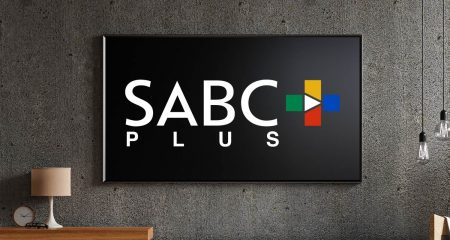
Microsoft SA has added two more small, black-owned software development firms to its “equity equivalence” support programme, bringing the total to six.
The software maker says the two new companies, both based in Johannesburg, will join its R475m equivalence programme, which it set up because it says US regulations prevent it from selling equity in its SA subsidiary.
The two companies chosen are iSolv Technologies and Mmapro IT Solutions. Both specialise in creating security products for the private and public sectors. Mmapro provides real-time mobile technology solutions for public safety purposes and iSolv works in the field of public key infrastructure, encryption and secure communication.
Equity equivalence lead at Microsoft SA, Kethan Parbhoo, says the first four companies chosen — BUI, Chillisoft, Home Grown Business Integrations and Maxxor — have spent the six months since they were selected for the programme undergoing “intensive analysis of their businesses and restructuring themselves to gear up for their planned expansion”.
The two newcomers were chosen from the 400 applications Microsoft SA received. Auditor KPMG whittled this down to a shortlist of 20. Venture capitalists and observers from the department of trade & industry, the department of communications and the US Embassy then considered this shortlist.
Microsoft is promising to provide the selected companies with “technical, operational, marketing and sales support”. Parbhoo says the approach bears many similarities with “traditional venture capitalist activities” but notes that Microsoft will not take equity in the companies.
“There are no royalties and no payback required,” says Parbhoo. Cynics might see this as corporate social investment with an excellent PR spin, but Parbhoo says the programme is “actually developing companies that are making software for high-demand areas of the market”.
He says the solutions these companies come up with will help Microsoft meet the demands of its customers. Those chosen, meanwhile, get to enjoy Microsoft’s global reach and extensive customer base.
With Microsoft investing this heavily in previously unknown companies, the question is how it makes sure it picks the right ones. Parbhoo says the assessment process is detailed so that Microsoft can “be sure it has the right people on board”.
“For those chosen, this is a life-changing event, so Microsoft needs to be sure that these are people who can fully embrace this opportunity.”
One of the application requirements was that the companies must have been operational for at least three years. Parbhoo says the result is that the companies have established offices and staff. “These aren’t start-ups, but they’re young companies.”
Microsoft will work with the two newcomers to create a seven-year plan to take them from small, local players to bigger, global operators. “We will help them with additional premises as they grow, and with recruitments, training and infrastructure — both IT and non-IT.”
The reason the plans extend over seven years, rather than five or 10, is that SA’s black economic empowerment legislation is due for review — and may come to an end — in 2018. Parbhoo says Microsoft’s programme is aimed at “aligning with this legislation”. — Craig Wilson, TechCentral
- Subscribe to our free daily newsletter
- Follow us on Twitter or on Facebook
- Visit our sister website, SportsCentral (still in beta)




